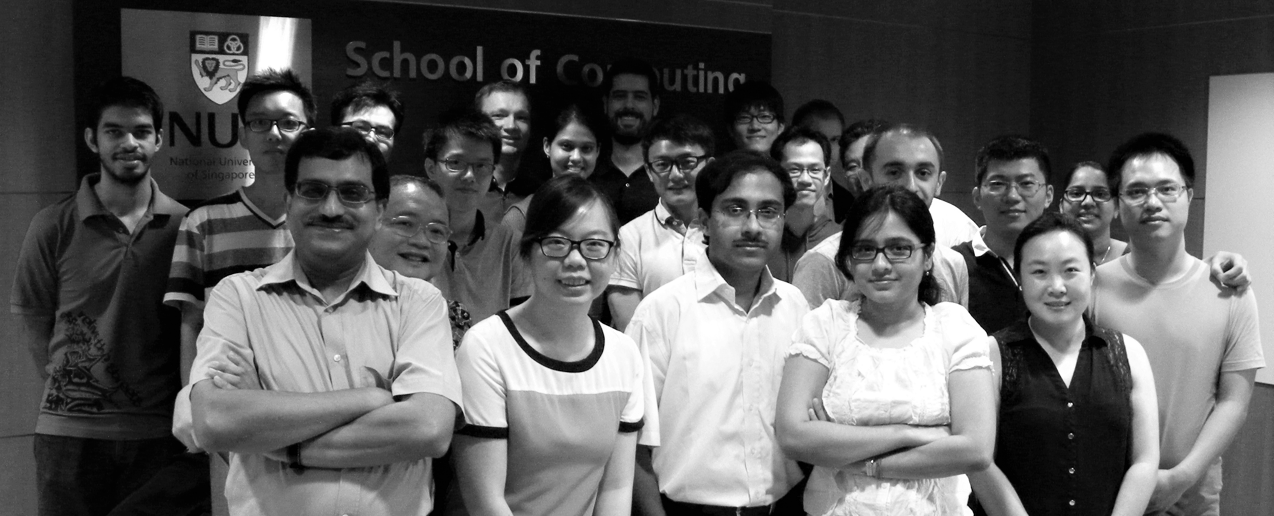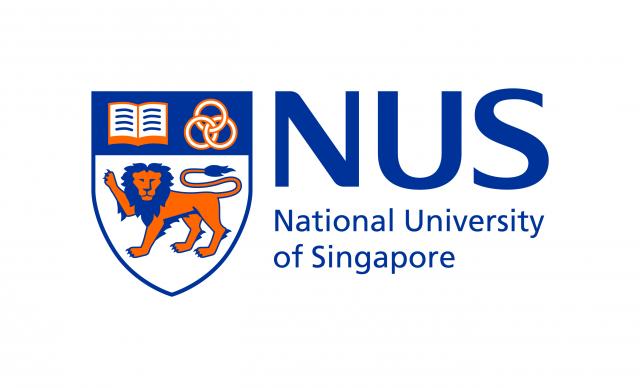
TSUNAMi
Trustworthy Systems from UN-trusted component AMalgamations
Summary
The TSUNAMi center focuses on software and system security. The center examines how
trustworthy software can be built from commercial off-the-shelf (COTS) software components
via ingenious combinations of analysis, testing, verification, hardening, isolation and system design.
The proposed technologies can used in myriad ways -
for building trustworthy software systems, for post-mortem analysis of malicious software, or for security assessment of specific
software components.
The center received a funding of $6.1M from National Research Foundation in October 2014 for a period of five years.
Goals
Our goal is to help develop trustworthy Intel x86 platforms with strong
security guarantees. We feel that existing piecemeal techniques ---
virtualization, isolation, formal methods and cryptography --- are
limited and suffer from several challenges, such as scalability and
undue assumptions. Instead, we take a pragmatic approach to constructing
trustworthy systems from un-trusted COTS components. We propose novel
solutions for large-scale vulnerability discovery / detection in
un-trusted COTS components, hardening of COTS software to enforce
control and data-flow properties, verifiable inter-component
communication, and sensitive data protection. Our solutions can be used
for analysis of un-trusted software, as well for trustworthy system
construction.
Translation
We envision translation in collaboration with our industry partners
ST, Symantec and NEC. We also plan to collaborate extensively with
government agencies like DSTA to help address their operational needs,
via the point technologies developed in the project. In particular, our
proposed technologies can help the agencies to procure software after
assessing the risks, and can help enforce desired properties on procured
software.


